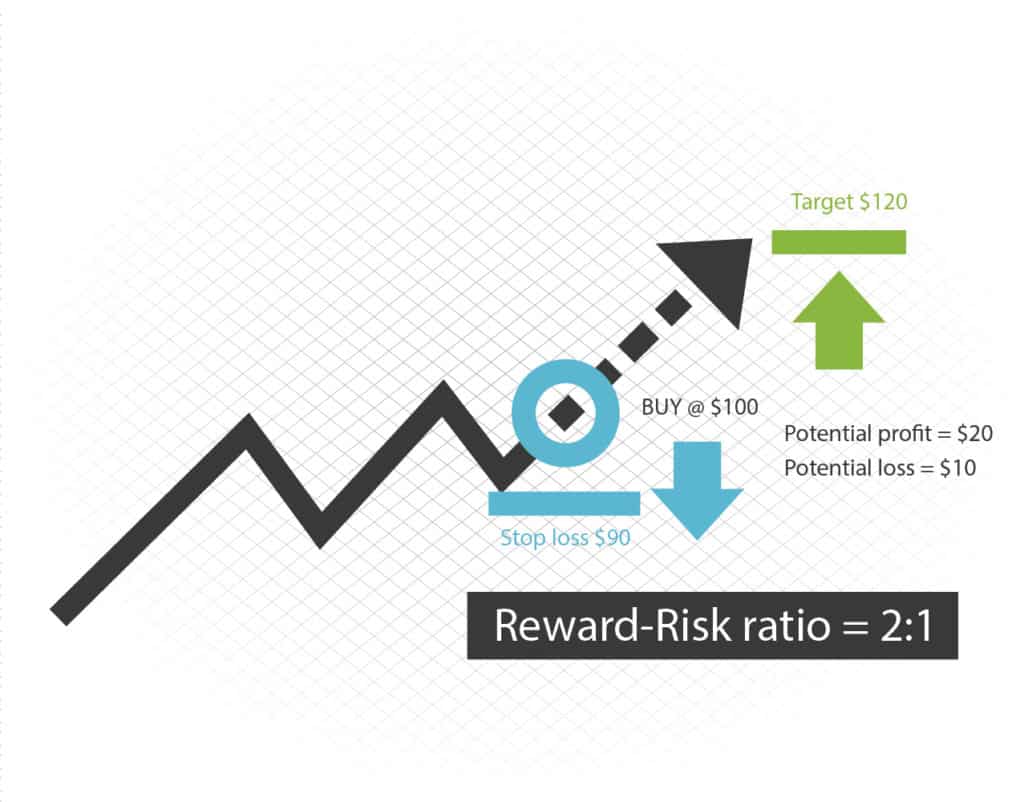In the world of financial market trading and investing, risk management is an extremely important factor for any new, intermediate or even advanced trader or investor to concentrate on. Despite being so important, it is often one of the most overlooked factors, with traders and inventors concentrating more on choosing their trading direction and the how, where and when to enter traders.
Trade and risk management primarily includes what a trader does after entering a trade to maximise potential prospective profits and minimise potential losses. However, it can also be used to make decisions before any trade is even made, to decide if the trade is even a good candidate to enter.
In this article we introduce a couple of simple risk management metrics that any trader or investor can quickly learn to calculate. These are the Hit Rate and the Reward-to-Risk Ratio. By understanding these terms and calculations, you should be much better positioned to manage your trading risk.
Hit Rate
Hit Rate is a measure of the ratio of the number of winning (profitable) trades over a set period of time, divided by the total number of trades.
Hit Rate = number of winning (profitable) trades / total number of trades
Example: A trader enters 20 trades over a one month period (approximately one trade a day) and 13 of these trades were profitable and 7 were losses.
The Hit Rate would be:
Hit Rate = 13 / 20 = 0.65 or 65%
Reward-To-Risk Ratio
Calculated before a trade is entered, this is the ratio of the potential rewards (profits) of a trade compared to the potential risk (losses) accepted to attain these rewards. This is calculated by dividing the amount of potential or projected profit by the amount of potential loss.
Reward-To-Risk Ratio = potential profit / potential risk losses
Example: A trader looks to enter a trade to go Long (to Buy) at $100. The target on the trade to take profit is at $120. The Stop Loss on the trade is going to be placed at $90.
So, the Reward-To-Risk Ratio would be:
Reward-To-Risk Ratio = $120-$100 / $100-$90
= $20 / $10
= 2/1 or 2:1
